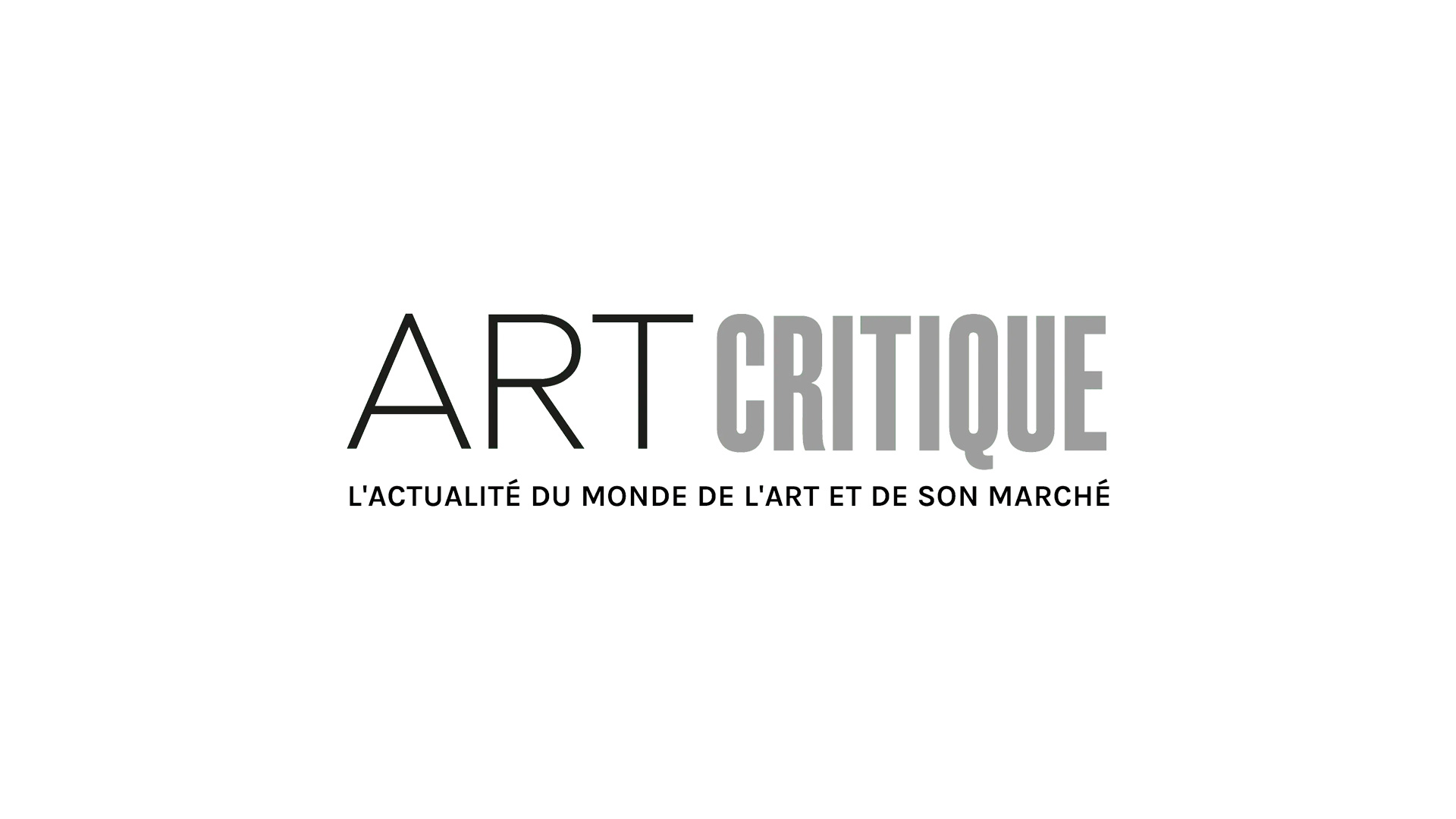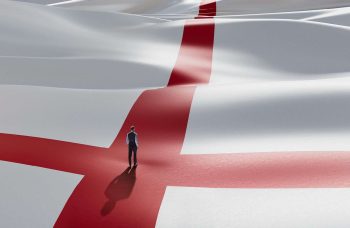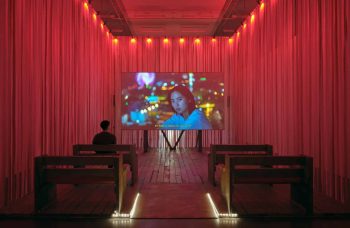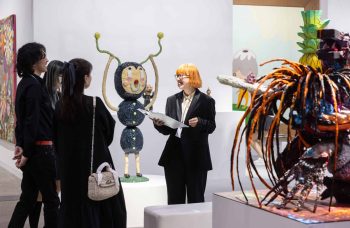Being a woman in the art world is difficult. Woman artists, much like other minority groups of artists, have faced unique challenges within the art world, like sexism, underrepresentation, and under-recognition, to name only a few. Recently, exhibitions at the Prado and other museums and galleries have focused on female artists while studies have shown continued biases that favour their male counterparts. A new podcast, called Recording Artists, is throwing their towel in the ring, though, to highlight what women have contributed to the art world despite the challenges they have face.
Hosted by Helen Molesworth and produced by Getty, Recording Artists traces the lives of six female artists, only two of which are still alive today, through portions of interviews they gave mostly in the 1960s and 1970s. They cover a range of topics, from what it’s like to be a female in a male-dominated world to racism, from what it’s like putting yourself out there as an artist to what it’s like balancing an arts career with having a family. The interviews the podcast focuses on, which tallied up to more than 1,000 collectively, are drawn from the Getty Research Institute’s archives and were mostly conducted by Cindy Nemser (b. 1937) and Barbara Rose (b. 1938).
So which artists are talking? For its first season, Recording Artists highlights artists Alice Neel (1900-1984, American), Lee Krasner (1908-1984, American), Betye Saar (b. 1926, American), Helen Frankenthaler (1928-2011, American), Yoko Ono (b. 1933, Japanese-American), and Eva Hesse (1936-1970, German-American). Each episode is accommodated by commentary from 20th century female and feminist art historians, gallerists, and artists including Moyra Davey, Simone Leigh, Lari Pittman, Amy Sillman, Linda Goode Bryant, Marci Kwon, Alexander Nemerov, Rodney McMillian, Sanford Biggers, Catherine Lord, Darby English, and Mary Weatherford.
Each artist in her own right contributed something significant to the art world through their works and career. Hesse’s career, short-lived as it was, helped lay the groundwork for post-minimalist to come. Frankenthaler’s large-scale abstract swathes of colour were emblematic of the post-war era and she went on to exhibit and develop abstractionism over six decades. Neel’s portraits of friends, family, and lovers provoke an intense emotional response and led to her being called ‘one of the greatest portrait artists of the 20th century’ by the Museum of Fine Arts, Houston’s curator Barry Walker. Still alive today, Saar’s works of assemblage remain some of the most influential contemporary works in today’s world. As a visual and performing artists, Ono has worked in a variety of mediums, yet her works have received mixed reception over the years much in part to her marriage to John Lennon. Krasner was amongst the first era of abstract expressionists and she, much like Ono, has forever been tied to the legacy of her late ex-husband, Jackson Pollock. All of this is to say that each woman discussed in Recording Artists cut a different facet in the art world and their individual episode explores the shared and individual triumphs and tribulations they each faced.
‘Working on Recording Artists has been a fascinating deep dive into the lives and ideas that motivated these six incredible artists,’ said Molesworth in a press release. ‘Pulling in some of today’s most interesting artists and historians animated the archival material and permitted a contemporary reassessment of the perennial problem of gender in art.’
Every episode of Recording Artists’ first season is available now (to binge) on various podcasts platforms including Spotify, Apple Podcasts, Google Play, Soundcloud, as well as the Getty site.





